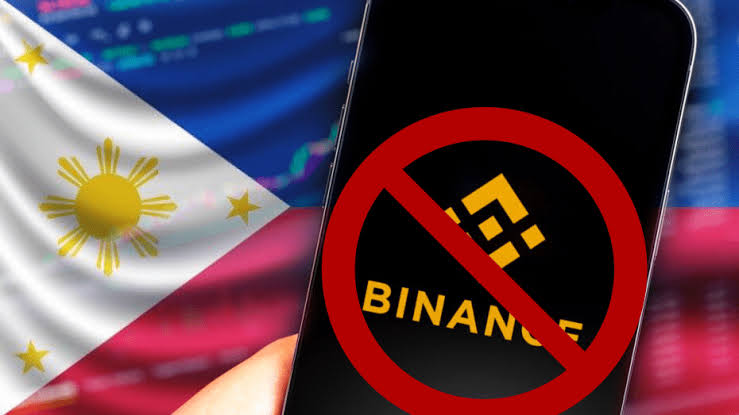Seven major blockchain organizations have formed the Blockchain Payments Consortium to establish unified technical and regulatory standards for digital payments, marking the industry’s most significant cross-platform collaboration as stablecoin transaction volumes reached $27.6 trillion in 2024—surpassing Visa and Mastercard’s combined totals.
In the wake of an explosive 2024—where blockchain-based stablecoin transfers outpaced Visa and Mastercard by 7.7%—industry leaders have decided it’s time for collaboration, not competition.
A Unified Front for Blockchain Innovation
The Blockchain Payments Consortium includes Fireblocks, Solana Foundation, TON Foundation, Polygon Labs, Stellar Development Foundation, Mysten Labs, and Monad Foundation. Together, these organizations are working to standardize how value moves across networks, ensuring that blockchain payments can coexist and integrate with traditional financial systems.
According to the BPC’s founding statement, “Blockchain rails are reshaping the global payments landscape. But for blockchain payments to reach full potential, we must address the inconsistent and fragmented experiences individuals and institutions face when moving between traditional payments and blockchain.”
By unifying these frameworks, the Blockchain Payments Consortium hopes to reduce friction and enable financial institutions and fintechs to build interoperable solutions that work seamlessly across both on-chain and off-chain environments.
Blockchain Payments Consortium Aims to Set Global Standards
The Blockchain Payments Consortium is not just about collaboration—it’s about creating a lasting infrastructure for the future of money. One of its primary objectives is to develop technical and regulatory standards that allow faster, low-cost cross-border payments and remittances, while maintaining compliance with global regulations.
“This will enable financial institutions, enterprises, and other organizations to build systems that work seamlessly across networks and borders,” the BPC said in a joint statement. “We aim to act as a bridge between blockchain ecosystems, regulators, and traditional financial institutions—offering a consistent, interoperable framework for compliance across jurisdictions.”
The group’s emphasis on compliance and transparency is critical, particularly as regulators in the U.S. and Europe move toward clearer frameworks for digital assets.
Stablecoin Momentum Drives Consortium Formation
Recent data from Artemis Terminal shows that stablecoin transfer volumes have jumped 4.36% in the past 30 days, hitting $3.7 trillion in adjusted transactions. Over the course of 2024, that figure soared to $27.6 trillion, surpassing Visa and Mastercard’s combined totals for the year.
This surge has placed blockchain payments in the spotlight, and the Blockchain Payments Consortium aims to harness this momentum to push for a unified, scalable approach.
Raja Chakravorti, Chief Business Officer at the Stellar Development Foundation, called the initiative “a critical step forward in maturing our industry.”
“Blockchain has proven it can handle the scale and speed of modern payments,” he said. “Now, with the Blockchain Payments Consortium, we’re ensuring it can also meet the reliability and compliance expectations of global finance.”
Fireblocks’ Senior Vice President of Payments, Ran Goldi, echoed the sentiment: “Over the last 18 months, our industry has achieved mainstream adoption, with payments at the forefront. As more established players enter the space, improving how we collaborate, coordinate, and operate together is essential.”
Goldi added that without shared standards, blockchain payments risk becoming “fragmented, friction-filled, and misunderstood.”
A Blueprint for the Future of Finance
By aligning major ecosystems such as Solana, Polygon, and Stellar, the Blockchain Payments Consortium could effectively create the backbone for a new financial infrastructure. Analysts believe this move will help boost confidence among institutions still wary of blockchain integration.
Industry observer and fintech analyst Lena Berman noted, “The Blockchain Payments Consortium may be the most significant cross-industry collaboration since SWIFT’s founding. It signals that blockchain payment systems are maturing and ready to work alongside traditional rails, not against them.”
The creation of the Blockchain Payments Consortium signals a decisive step in the evolution of digital finance.
As stablecoins dominate transaction volumes and blockchain technology continues to reshape global commerce, this alliance of crypto giants is setting the stage for a new era of interoperability, efficiency, and trust.
If successful, the Blockchain Payments Consortium could be the bridge that finally unites blockchain innovation with the traditional financial system—unlocking a future where global payments are faster, cheaper, and borderless.











